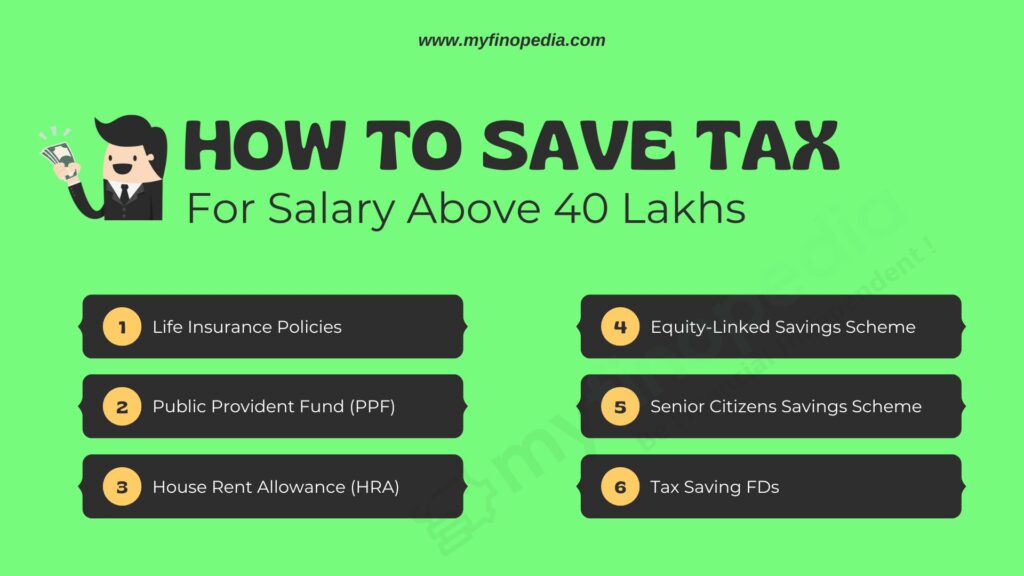In a recent viral video statement by shark tank judge Ashneer Grover has triggered on the internet slamming the government’s tax policy. He believes the tax policy of the government to be too much asymmetrical with the earnings of the taxpayers.
Grover, the previously serving CEO of Bharatpe, referred to the government tax policy as a form of punishment. He highlighted a scenario where an individual once rupees 10 only to be able to find rupees 4 being claimed by the government. This implies that out of the 12 months in a year, individuals effectively work for the government for five months. This realization leads him to question how many years one has to live as a slave to the government. Grover also emphasizes that such tax policy has become an accepted norm despite its burdensome nature.
While entrepreneurs like Grover may not be as greatly affected by taxes you recognise that the same cannot be saved for the salary persons. You also draw attention to the 18% GST cut on the government personnel salaries making it increasing the difference for them to make ends meet. Further, Grover took a jab at the government’s decision to reach the Tax Collected Source (TCS) rate by 20%. This expresses the situation of dissatisfaction with the aspect of the tax policy.
Looking ahead, Grover reveals that, “Whenever I become a politician, my goal is simple — lower tax rate in India.” Specifically highlights the TCS charges on foreign travel and foreign credit card spending along with the interesting rules surrounding the Liberalized Remittance Scheme (LRS) limit. He also points out the discrepancy in the tax treatment of political donations, which never attract any form of TCS. He believes such treatment is biased and couldn’t be stretched to certain individuals and companies, suggesting that they should be subject to taxation without exceptions.
Overall, his remarks have sparked a widespread debate. His main contention lies in the disproportion of the burden placed on the taxpayers and the need for a fairer taxation system.






